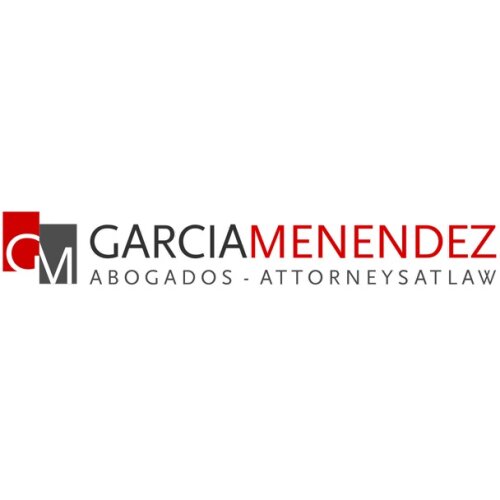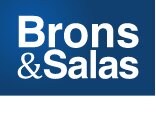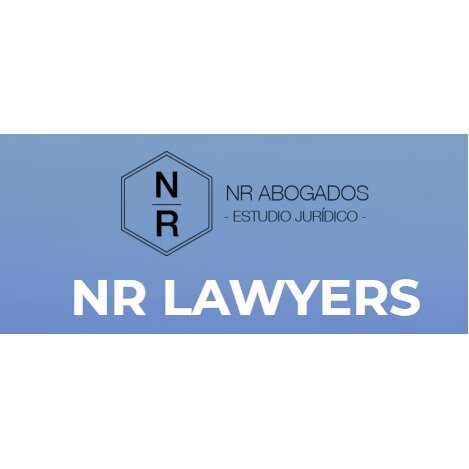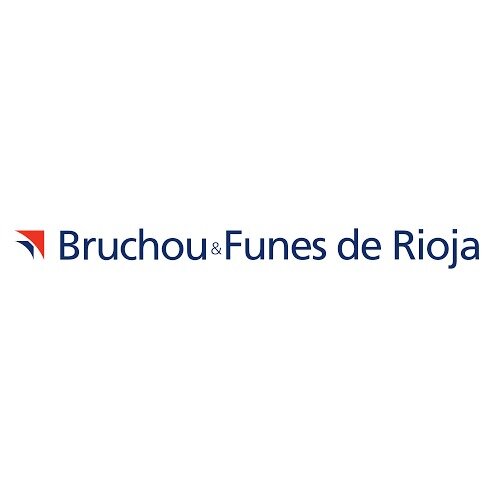Best Funds & Asset Management Lawyers in Buenos Aires
Share your needs with us, get contacted by law firms.
Free. Takes 2 min.
List of the best lawyers in Buenos Aires, Argentina
About Funds & Asset Management Law in Buenos Aires, Argentina
Funds and asset management in Buenos Aires, Argentina, involves the regulation and administration of investment vehicles such as mutual funds, hedge funds, pension funds, and portfolio management for institutional and individual investors. The sector operates within a legal framework designed to protect investors, encourage responsible management of assets, and maintain transparent financial markets. Regulatory oversight is robust due to Argentina's commitment to fostering a stable, attractive environment for both local and foreign investment.
Why You May Need a Lawyer
Seeking professional legal advice can be crucial in various aspects of funds and asset management. Some common situations where you may need a lawyer include:
- Establishing or registering a new investment fund or asset management company.
- Ensuring compliance with local and international regulations.
- Drafting or reviewing fund prospectuses, management agreements, and offering documents.
- Managing relationships between fund managers, investors, and custodians.
- Handling disputes related to fund performance, investor rights, or regulatory issues.
- Navigating tax implications of investment activities.
- Assisting with cross-border investments or the entry of foreign funds into the Argentine market.
- Advising on anti-money laundering (AML) and know your customer (KYC) obligations.
Local Laws Overview
Funds and asset management in Buenos Aires is governed by a combination of national legislation, regulations from the Argentine Securities Commission (Comisión Nacional de Valores or CNV), and other relevant authorities. Key legal features include:
- Investment Funds Law: Law No. 24,083 establishes the basic legal structure for Mutual Funds, requiring registration with the CNV and compliance with regulations on fund management and disclosure.
- Collective Investment Schemes: The CNV sets detailed rules for collective investment vehicles, including who can act as fund managers and custodians, reporting duties, and investor protection standards.
- Taxation: Fund structures and asset management activities are subject to taxation on income and gains, with some distinctions based on residence of investors and the type of assets.
- AML and KYC Regulations: Laws require asset managers to verify client identities, implement reporting mechanisms for suspicious transactions, and comply with international standards to prevent financial crimes.
- Securities Market Laws: Additional regulations govern how funds operate in stock exchanges, handle assets, and interact with local and foreign investors.
Frequently Asked Questions
What is the role of the Comisión Nacional de Valores (CNV)?
The CNV is Argentina’s main regulatory authority for capital markets, responsible for authorizing, supervising, and monitoring funds, fund managers, and related activities.
Can foreigners invest in Argentine funds or set up management companies?
Yes, both local and foreign individuals and entities can invest in Argentine funds or establish asset management companies, subject to local laws and CNV regulations.
What types of funds are recognized in Buenos Aires?
The primary types are mutual funds (open and closed-end), hedge funds, and pension funds. Each is subject to specific regulatory requirements regarding operations, disclosure, and investor protection.
Do Argentine funds need to appoint custodians?
Yes, funds must appoint authorized custodians to safeguard assets, comply with regulations, and provide independent oversight over fund operations.
What disclosure obligations apply to fund managers?
Fund managers must regularly disclose information about fund performance, portfolio holdings, fees, and risks to investors and regulators, ensuring transparency.
Are there investment restrictions for funds?
Yes, local law sets out what types of assets funds can invest in and imposes diversification requirements and limits on certain transactions to protect investors.
How are disputes between investors and fund managers resolved?
Most disputes are addressed through civil litigation in local courts, though some fund agreements include arbitration clauses. CNV can also intervene in regulatory matters.
What are the tax implications for investing in Argentine funds?
Tax treatment varies based on the investor’s residence and the fund's structure. Some funds benefit from certain exemptions, but investors should seek local tax advice.
What measures exist to prevent money laundering in funds?
The law mandates strict AML and KYC procedures, requiring fund managers to verify the identity of clients and report suspicious activities to authorities.
How can I ensure compliance with ongoing regulatory requirements?
Engaging experienced legal counsel and compliance professionals is highly recommended to help you keep up with regulatory changes, reporting obligations, and best practices.
Additional Resources
If you need more information or official guidance, consider the following resources:
- Comisión Nacional de Valores (CNV): Main regulator for funds and asset management.
- Banco Central de la República Argentina (BCRA): Supervises financial operations and some investment products.
- Unidad de Información Financiera (UIF): Enforces anti-money laundering compliance in the financial sector.
- Argentine Ministry of Economy: Provides regulations and economic policy information.
- Local Bar Associations: Can help you find specialized legal professionals in funds and asset management.
Next Steps
If you believe you require legal guidance in the field of funds and asset management in Buenos Aires, it is important to take the following steps:
- Identify your specific legal needs, such as fund formation, compliance advice, or dispute resolution.
- Consult an experienced lawyer with expertise in funds and asset management law in Argentina.
- Gather relevant documents and information ahead of your consultation to facilitate the process.
- Stay informed about regulatory developments that might affect your investments or activities.
- Consider ongoing legal support for compliance, reporting, and strategic advice as your operations grow.
Acting early can help you avoid costly mistakes, protect your investments, and ensure your transactions comply with local laws and regulations.
Lawzana helps you find the best lawyers and law firms in Buenos Aires through a curated and pre-screened list of qualified legal professionals. Our platform offers rankings and detailed profiles of attorneys and law firms, allowing you to compare based on practice areas, including Funds & Asset Management, experience, and client feedback.
Each profile includes a description of the firm's areas of practice, client reviews, team members and partners, year of establishment, spoken languages, office locations, contact information, social media presence, and any published articles or resources. Most firms on our platform speak English and are experienced in both local and international legal matters.
Get a quote from top-rated law firms in Buenos Aires, Argentina — quickly, securely, and without unnecessary hassle.
Disclaimer:
The information provided on this page is for general informational purposes only and does not constitute legal advice. While we strive to ensure the accuracy and relevance of the content, legal information may change over time, and interpretations of the law can vary. You should always consult with a qualified legal professional for advice specific to your situation.
We disclaim all liability for actions taken or not taken based on the content of this page. If you believe any information is incorrect or outdated, please contact us, and we will review and update it where appropriate.
















